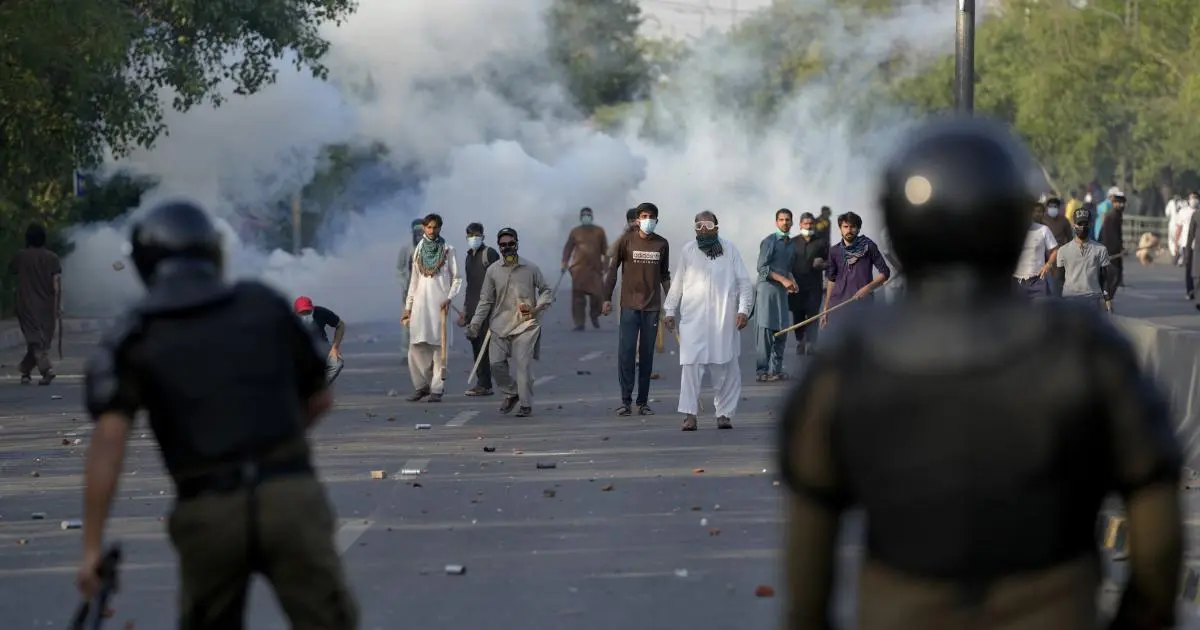
The European Union (EU) has raised concerns over the sentencing of 25 individuals by military courts for their involvement in the May 9 attacks on state installations in Pakistan, according to media reports on Sunday.
The EU’s European External Action Service highlighted that the verdicts appeared inconsistent with Pakistan’s commitments under the International Covenant on Civil and Political Rights (ICCPR).
The EU’s statement stressed that Article 14 of the ICCPR guarantees every individual the right to a fair and public trial in an independent, impartial, and competent court and adequate legal representation. Additionally, it noted that any judgment rendered in a criminal case must be made public.
Pakistan is a beneficiary of the EU's Generalised Scheme of Preferences Plus (GSP+), under which the country has voluntarily committed to implementing 27 international conventions, including the ICCPR. The EU reiterated the importance of adherence to these commitments to maintain GSP+ benefits.
The military court sentenced the accused to prison terms ranging from two to 10 years, marking the first phase of verdicts related to the May 9 violence.
According to the Inter-Services Public Relations (ISPR), these individuals were involved in politically motivated attacks on military installations, including the General Headquarters (GHQ). The ISPR described the incidents as a “dark chapter in Pakistan’s history” and alleged they were orchestrated acts of political terrorism.
The attacks, which coincided with the arrest of Pakistan Tehreek-e-Insaf (PTI) founder Imran Khan in a corruption case, led to widespread protests and violence. More than 100 civilians are reportedly facing military trials in connection with the events.
The military's media wing stated that all convicts retain the right to appeal under the law and the Constitution. It also mentioned that sentences for the remaining accused would be announced following due process.
The PTI has denied involvement in the attacks, including those targeting military installations, and has called for an independent judicial inquiry. The party continues to distance itself from the violent events, asserting that the incidents were not sanctioned by its leadership.
Military trials, which had been halted following a Supreme Court ruling, resumed after a recent directive from the constitutional bench, allowing pending cases to proceed. This development has sparked fresh debates about the balance between national security and individual rights, with human rights groups and international organisations closely monitoring the situation.
1734931835-0/Untitled-(81)1734931835-0-405x300.webp)



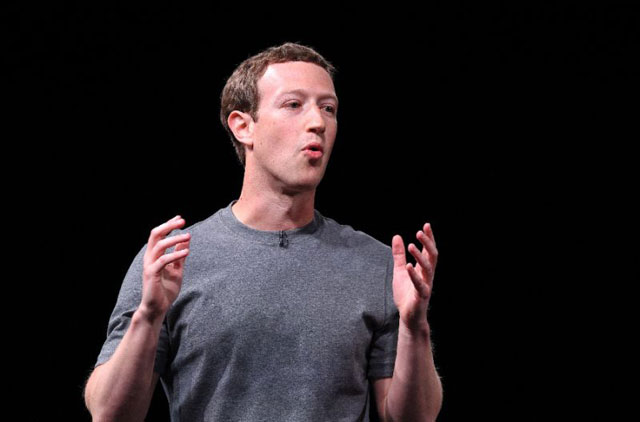
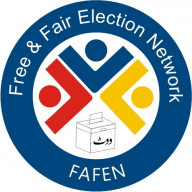
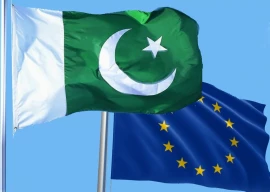

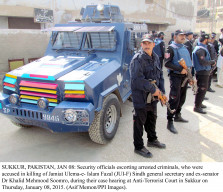
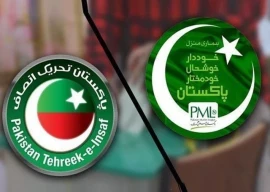
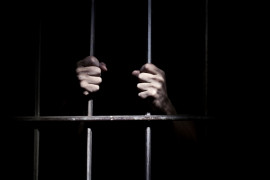



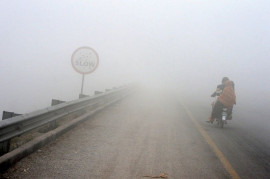

1734778885-0/Untitled-(10)1734778885-0-270x192.webp)






COMMENTS
Comments are moderated and generally will be posted if they are on-topic and not abusive.
For more information, please see our Comments FAQ